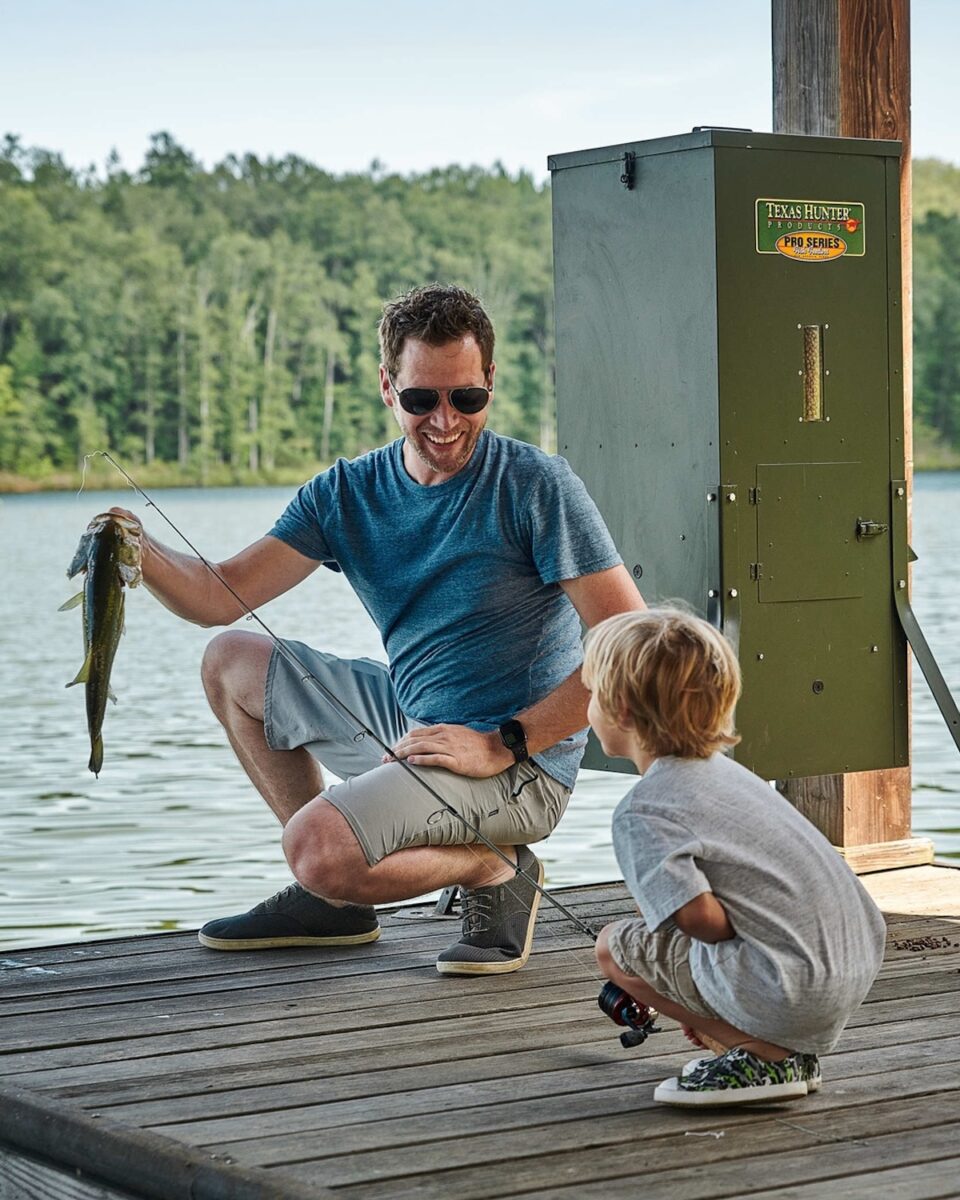7 things you missed at the Friends of Birmingham Botanical Gardens’ Native Plant Conference, including hip hop and forestry
Reading time: 4 minutes

There were a lot of exciting things going on at this year’s Friends of Birmingham Botanical Gardens Native Plant Conference. We spoke with the conference’s organizer, John Manion–who is also curator of the Gardens’ Kaul Wildflower Garden–about the highlights.
1) A presentation on a seemingly unrelated duo: hip hop and forestry

Although one may not think of hip hop and forestry together, a Birmingham native is integrating both into his work at Yale. Dr. Thomas Easley is the Assistant Dean of Community and Inclusion at the Yale School of Forestry & Environmental Studies, and he gave a powerful presentation on how to make forestry and native plant studies more inclusive. It was the talk of the conference afterwards!
2) The download on the pawpaw

No, this isn’t about your grandfather. The pawpaw is a native tree that can be found along the eastern U.S., from Birmingham to Canada. It produces the largest fruit of any native tree in North America. The fruit tastes like a pineapple, mango and banana combined. Don’t expect to find it at the grocery store, though. Its short shelf life limits it to farmer’s markets (if you’re lucky!). Attendees got to try pawpaw cookies and ice cream–I’m jealous.
3) The scoop on shrooms
Conference attendees learned how to cultivate their own mushrooms at home! (The kind you cook with, not the other kind). How is this done? By inoculating a log with mushroom spores. Very interesting.
4) How to treat illness with herbs

I know what you’re thinking: really? However, did you know that 28,000 of the world’s 40,000 plants are used in traditional medicine? The instructor of this session, Dr. Cassandra Quave, runs a botany lab at Emory University. She utilized medical handbooks from the Civil War as a starting point for her research. Antibiotics weren’t available back then, and people needed compounds that were effective and readily available to fight infection. She travels across the globe researching treatments derived from wild plants. That sounds like a pretty cool job.
5) A landscaping lesson
There was a pre-conference workshop by Caleb Melchior, landscaping extraordinaire, titled “Lifeless lawns to living landscapes: a day of design.” My pine-straw-only front yard would have greatly benefited from this presentation. Next time!
6) Plant world celebrities

The Friends of Birmingham Botanical Gardens awarded this year’s tribute to Alan Weakley. He’s apparently the Big Boi of botany, and the author of Flora of the Southeastern and Mid-Atlantic United States. Heather Holm, a recognized authority on native bees and award-winning author, also presented. She taught attendees how to recognize pollinators, which are crucial to restoring ecosystem functionality and biodiversity.
7) Fun field trips
There were four field trips on Sunday, including Moss Rock Preserve, Turkey Creek Nature Preserve, the Gardens’ Kaul Wildflower Garden and Bibb County Glades Preserve. A botanist from Georgia discovered eight new plant species at the Glades–and most are exclusive to that area or the state!
Did you know?

“We rank as the fifth most biodiverse state in the country. Alabama has more turtles, mollusks and fish than any other state! We also have 28 species of plants that are found nowhere else–for reference, Georgia has 13, and Ohio has none.”
John Manion
That’s something to be proud of, Birmingham! Do you have FOMO now after reading this? I do.



